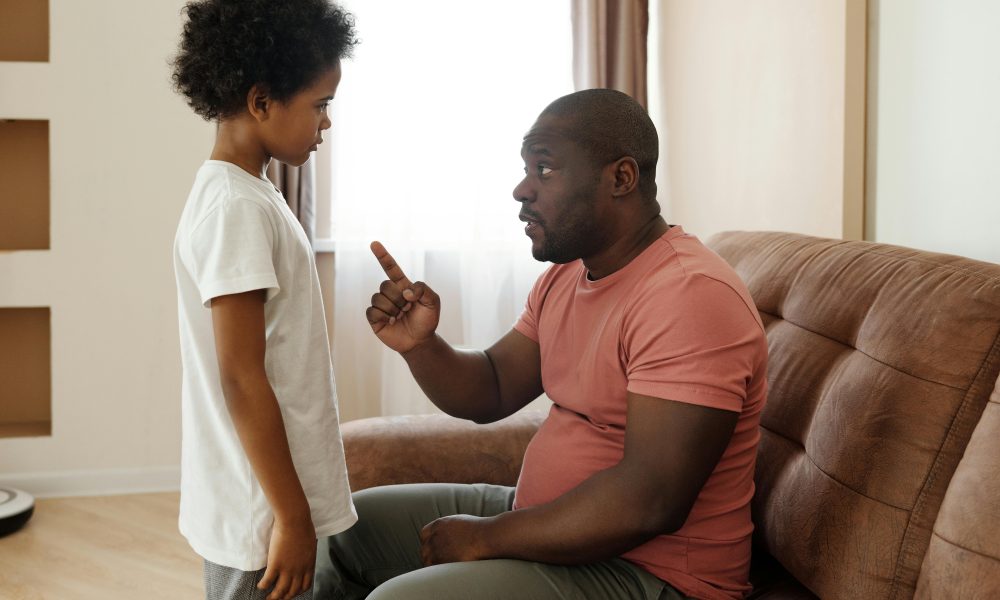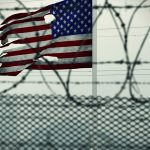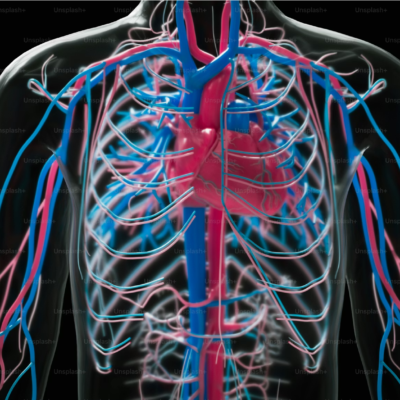Helicopter Parenting: What is it and what are its impacts?
Helicopter parenting has gained a lot more traction in the past few decades, and it’s grown because of the evolving world. Schools are becoming more difficult to get accepted into, so parents feel like constantly being involved in their kid’s school life can help improve the chance of getting into a good school. Social media has a forever-growing presence and impact on our lives, so parents feel the need to be involved in everything their child does on the internet to keep them safe. Some parents feel as though the world is beginning to become more dangerous, so they feel the need to be completely involved in their children’s lives to keep them safe from any and everything.
The relationship that parents form with their children is one of the most important parts of a child’s growth and development. As the world evolves, its dangers have evolved with it. With that in mind, some parents have become overly involved in their children’s lives. Some boundaries aren’t set from the start, and this lack of autonomy can cause kids to either resent their parents or be grateful for their overbearing protection. This style of parenting is often rooted in good intentions and love for a child because parents want to be good parents. Setting boundaries, understanding needs, and recognizing the impact that helicopter parenting has on both parents and children is important in understanding and navigating helicopter parenting without ill intent.
Helicopter parenting is defined as “overprotective parents who hover over their children in efforts to have them succeed and protect them from perceived danger,” according to Dr. Haim Ginott. According to child development researchers Foster Cline and Jim Fay, it is “a parent who hovers over a child in a way that runs counter to the parent’s responsibility to raise a child to independence.”
A quick TikTok search on “helicopter parenting,” and the first few videos that were shown to me consisted of an explanation and the negative impacts such as bad social skills or academic success, a skit showing a parent being invasive of their child’s space, and Reddit stories of how they were practically abused. The comments were full of people talking about how they never got to have the freedom that they wanted or they felt smothered by their parents. Those without helicopter parents were shocked by what other people went through.
When a parent is over-involved in their child’s life, they don’t allow the child to learn from their mistakes or grow for themselves. Wherever and whenever they fall, their parents will be right behind them to keep them from hitting the ground. Children with helicopter parents don’t have the freedom that many other kids have, and this can harm their mental health.
However, helicopter parenting has also been shown to be able to have positive impacts on children as well. Parents are able to provide safety and support for their children. Constantly being involved in their child’s life allows them to help with school work, support their dreams, and help with sickness. There will be moments when people are shielded from the world, but that can be an opportunity to build skills and form strong connections with parents, other kids, and even other adults. If the parent-child relationship is healthy, even with helicopter parenting, that parent can teach their child how to interact positively with others.
Now, what should be done about helicopter parenting? Should it be fought against, supported, or just ignored? Both parents and children should recognize when boundaries are being pushed or crossed. One way teens can recognize if they have a helicopter parent(s) is by looking over the decisions that have been made throughout their lives. The main factor when trying to recognize helicopter parenting is recognizing if you aren’t able to do anything or solve anything without your parent(s) looking over your shoulder.
For adults, to recognize if you are a helicopter parent is by recognizing if you are the one constantly overseeing your child’s schoolwork, don’t have them do any chores, or make all decisions for them. This isn’t a way of saying that helicopter parents are bad parents, but it’s a way to recognize that a child needs to breathe in order to be able to think for themselves in life. Helicopter parenting isn’t an objectively bad parenting style, but it should be monitored so that it doesn’t completely cross boundaries. For any parents who feel they might be helicopter parents or their children have called them smothering, we know that it’s coming from a place of love.









